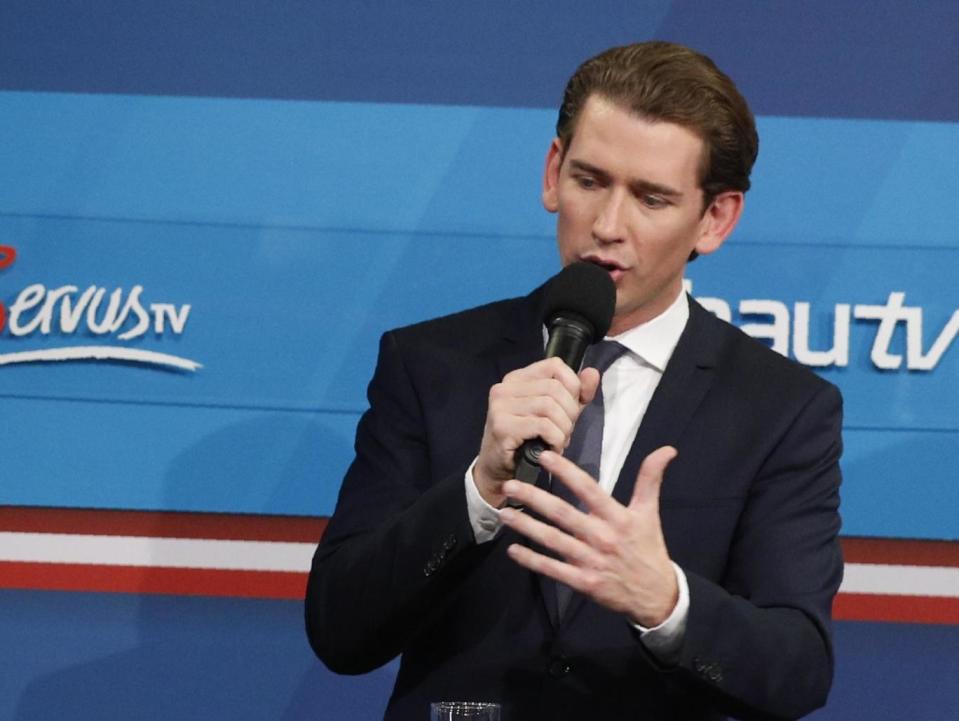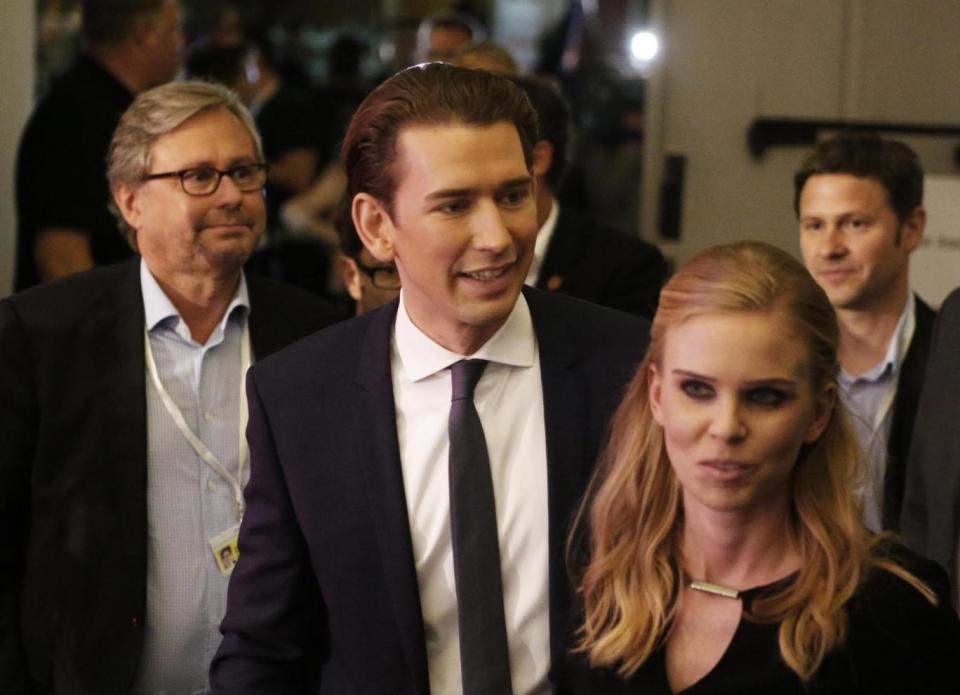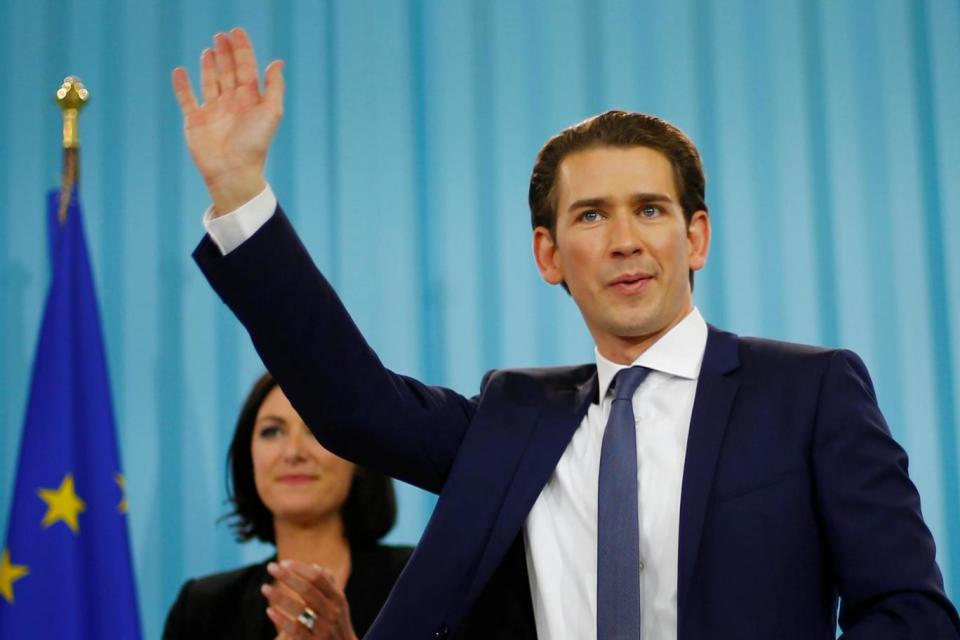Who is Sebastian Kurz? Austrian Conservative, 31, set to become world's youngest leader
At the age of just 31, Sebastian Kurz is set to become the world's youngest national leader after his party's victory in the Austrian election Sunday.
Although no party won a majority, Kurz is likely to be sworn in as Austria's next chancellor and the head of a coalition government.
He served as Europe's youngest-ever foreign minister after he was appointed in 2013 at the age of 27.
Near-final results from Sunday's balloting put his People's Party comfortably in first place, with 31.4 per cent of the vote.
The right-wing Freedom Party came in second with 27.4 per cent.

Nicknamed "Wunderwuzzi" or "wonderkid", Kurz has been compared to other young global leaders Emmanuel Macron and Justin Trudeau.
Personal life
Kurz was born in Vienna and still lives in the same district, Meidling, that he grew up in.
After completing the compulsory military service, he decided to study law at the University of Vienna.
Throughout this time he dabbled in politics and was elected chairman of the Austrian People's Party in 2009 and became a member of Vienna's city council in 2010.

In 2011, he was appointed to the newly created post of State Secretary for Integration and decided to stop his studies to pursue a career in politics
He is not married, but is currently dating Susanne Thier who works at the Austrian finance ministry. They met aged 18.
Career and political background
Kurz became foreign minister in 2013, aged 27, when the Social Democratic-People's Party coalition was formed. This made him the youngest top diplomat in Europe.
In this role he hosted several rounds of talks between Iran and other countries on Tehran's nuclear program, met Russian Foreign Minister Sergei Lavrov, U.S. Secretary of State John Kerry and other powerbrokers.
Other international events further boosted his visibility and party influence.
During the refugee crisis in 2015, Kurz recognized Austrian voters' anxiety over unchecked immigration involving large numbers of Muslim newcomers and called for tougher external border controls, better integration and stringent control of "political Islam" funded from abroad.

He also organized the shutdown of the popular overland route through the West Balkans many newcomers were using to reach the EU's prosperous heartland.
By now, Kurz and his centrist party had drifted considerably to the right of their Social Democratic government partners, making governing difficult.
The coalition agreed to an early national election this spring and The People's Party, then lagging in third place, made him leader.
Kurz set out to reinvent the party's image and helped it shrug off criticism that it's been part of the political establishment for decades.
What does this mean for Austria?
Kurz will now have to negotiate a contrition government with the other leading parties in Austria.
The right-wing Freedom Party came in second with 27.4 per cent and the center-left Social Democratic Party of Austria, which now governs in coalition with People's Party, got 26.7 per cent.

Noting that his center-right party had triumphed over the rival Social Democrats only twice since the end of World War II, Kurz called Sunday's election a "historic victory."
But the victory marks a significant shift to the right in Austrian politics and andKurz and and his party could seek an alliance with the anti-immigration Freedom Party.
Kurz's manifesto is so right-wing, in fact, that the Freedom Party accused him of stealing their policies.
Their candidate, Heinz-Christian Strache, has called him an "imposter".
Following his victory Kurz told supporters: "It is time for change in this country. Today is a strong order for us, to change this country, and I say thank you to you all who made this possible.
"I'm overwhelmed, I am happy, and I look forward to working for Austria."

 Yahoo News
Yahoo News 